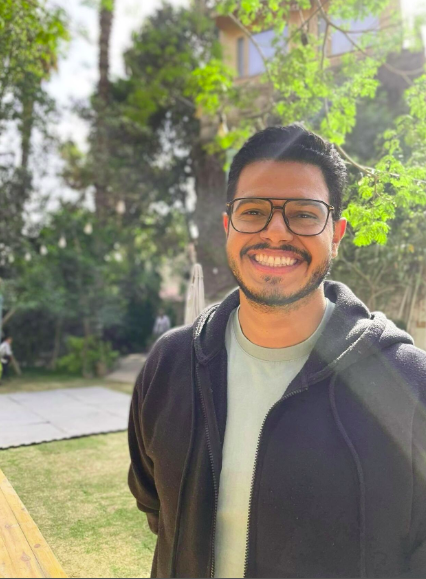University of Bristol spinout CellVoyant, which uses AI imaging technology to help stem cell therapy developers more efficiently manufacture new treatments, has raised £7.6m in seed funding.
The round was led by Octopus Ventures, with Horizons Ventures, Air Street Capital and Verve Ventures also participating.
Speeding up stem cells
Stem cell therapy treatments are most commonly used to target cancer — stem cells replace specific cells that are lost or damaged as a result of the disease or chemotherapy, and boost the immune system.
But scientists are finding new use cases for this form of treatment, and CellVoyant’s founder and CEO Rafael Carazo Salas says that therapies are being developed for conditions other than cancers, like diabetes, for example — and future applications could include currently untreatable diseases like dementia. One report suggests that the global market for stem cell therapies is predicted to exceed $31bn by 2030.
When scientists develop stem cell therapies, the process currently involves removing and killing the cells that they’re growing at different stages of the process, to make sure they’re developing into the right kind of cells to treat a certain disease.
This process is inefficient — the unpredictability of stem cell behaviour means that 84% of cell therapy assets fail within two years of development and almost half still fail after five years of development, according to the Biotechnology Innovation Organization. It’s also a major expense. It can take anywhere between several weeks to months to develop stem cells into the specialised cells needed for each treatment.
CellVoyant has developed two patent-pending AI imaging platforms that help scientists working on stem cell therapies to track and monitor how the stem cells are reacting and evolving in real-time, without the need to take out and kill samples. Carazo Salas says this speeds up the process, and the company says that it could potentially reduce the cost of developing each therapy by $10m-100m.
The company’s next milestone is to use the information that stem cell therapy developers can access through the AI imaging platforms to not only monitor the development of the cells, but also to improve the therapy along the way.
CellVoyant’s technology would monitor how the cells are developing to predict how they are going to behave, and suggest how the therapy could be improved to be more efficient and effective every step of the way.
“It’s a little bit like Google Maps Navigation, where you put in an address and it tells you how to get there — but then you start driving and if there's a traffic jam, it updates in real-time,” says Carazo Salas.
“It was a horrible year”
After CellVoyant’s first funding round at the start of 2022, Carazo Salas says that the team set certain R&D milestones to achieve over the next 24 months — namely, readying its tech for commercialisation.
But the team hit the goals “quicker than expected”, Carazo Salas says — and by early 2023, the team was gearing up to “start delivering commercially, to expand our infrastructure and R&D, and also start our commercial capacity”.
That meant raising again, something that Carazo Salas hadn’t predicted. “I would have not gone fundraising last year if I could have avoided it,” says Carazo Salas — “because it was a horrible year.”
The company plans to use part of its seed funding to grow its team of scientists and AI and machine learning experts. It’ll also create its first business development and commercialisation department, and bring on board people in charge of automating internal processes and scaling workflows efficiently. It aims to double its headcount over the next two years.
It’ll also look to upgrade its lab space — the company is currently based in the University of Bristol labs, which Carazo Salas says it will soon outgrow. “Lab space is a pain point everywhere,” he says, but the team are looking to stay close to home, rather than be tempted into the biotech cluster around the Golden Triangle of London, Oxford and Cambridge.
“I would almost claim that it's easier to find space in Bristol than it is in Oxbridge,” he says, adding that there are plenty of promising incubator spaces popping up across the city.


